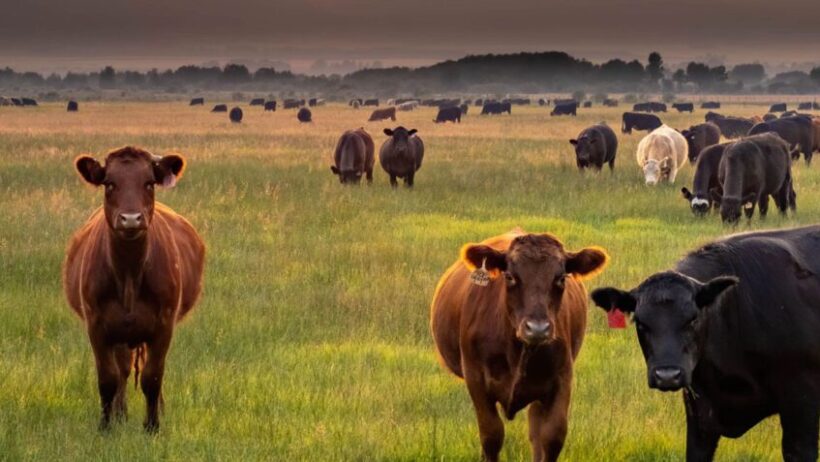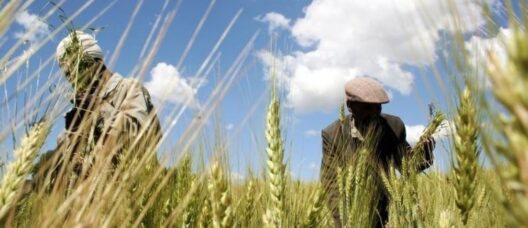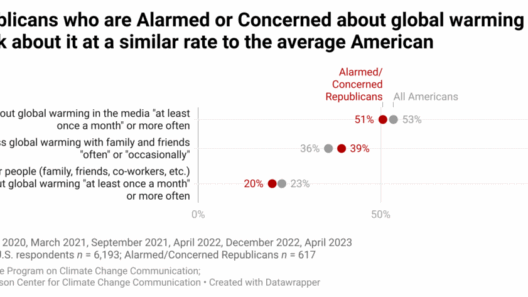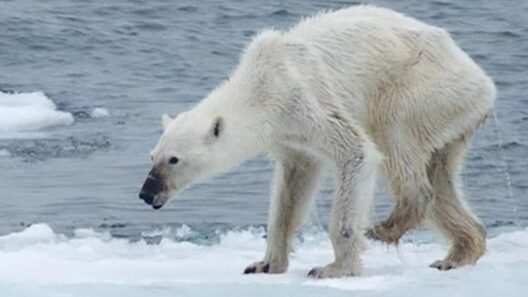The question of whether the cattle industry significantly contributes to global warming through methane gas is an intriguing one. Can the humble cow, an animal revered for its role in agriculture, also be a key player in exacerbating one of the most pressing challenges of our time? To answer this query, we must first delve into the science behind methane emissions, the intricate processes involved, and the broader implications for the environment.
Methane (CH4) is a potent greenhouse gas, approximately 25 times more effective than carbon dioxide (CO2) at trapping heat in the atmosphere over a century. While methane comprises a significant portion of greenhouse gas emissions globally, its sources are varied. These include natural processes like wetlands and tundras, as well as human activities such as landfills, fossil fuel extraction, and, notably, livestock farming.
Specifically, cattle and other ruminant animals produce methane during digestion. The process of enteric fermentation, a natural part of their digestive system, leads to the release of methane as a byproduct. This occurs in the stomachs of these animals, where microorganisms break down food. Consequently, cattle are a significant source of methane, accounting for approximately 14.5% of global greenhouse gas emissions from anthropogenic activities, as reported by various environmental studies.
To further complicate matters, the production and consumption patterns of beef continue to rise worldwide. The burgeoning demand for red meat results in an ever-increasing livestock population, which, in turn, heightens methane emissions. With the cattle industry accounting for a substantial amount of land use and deforestation in order to accommodate grazing, the environmental impact extends beyond just methane emissions; it contributes to biodiversity loss and changes in land use patterns as well.
In the face of such a daunting challenge, can we find ways to mitigate the impact of the cattle industry on global warming? This question invites exploration into innovative practices aimed at reducing methane emissions while still maintaining agricultural productivity. One promising avenue lies in the proper management of cattle diets. By incorporating supplements such as seaweed or specific feed additives into their diet, research has suggested that methane emissions could be reduced significantly. Marine sources, including algae, have shown potential for reducing enteric methane emissions by up to 80% in some trials.
Furthermore, implementation of rotational grazing practices can also play a crucial role. By allowing pastures to rest and regenerate, the carbon sequestration potential increases, enabling grasses to capture more CO2 from the atmosphere while simultaneously enhancing the soil health. Improved soil quality facilitates greater water retention and crop resilience, potentially leading to higher yields in the long run.
However, implementing such measures requires a paradigm shift not only from the agricultural sector but also from consumers and policymakers. Will we, as a society, embrace these changes, understanding the significant role our dietary choices play in climate change? Advocating for reduced meat consumption, particularly red meat, can contribute to lower methane emissions, but it’s not solely the responsibility of individuals. Governments and industries also have roles to play in creating incentives for sustainable practices and research into alternative protein sources.
The perception of cattle farming and meat consumption as an eco-friendly choice can deter progress. However, shifting this view necessitates confronting the reality that while cattle contribute to warming through methane emissions, the industry also supplies vital nutrition to millions worldwide and supports countless livelihoods. Thus, the challenge lies in balancing ecological stewardship with emerging food security concerns. Can we reconcile the sacred bond of agriculture that sustains us with the urgent cries of our planet?
As we progress into a more climate-conscious future, the adoption of sustainable livestock management practices is crucial. One potential strategy is embracing agroecology, which promotes the integration of agricultural biodiversity and ecological processes. This not only contributes to lower methane emissions but promotes resilience against climate change impacts, ensuring food security for future generations.
Moreover, the development of methane-reducing technologies is an essential component of the solution. Emerging innovations, including methane-reducing vaccines and breeding programs to select cattle with lower methane emissions, present exciting opportunities to diminish the impact of cattle on our climate. However, these technologies must be backed by adequate research, funding, and collaboration across borders to be effective.
In conclusion, it is evident that the cattle industry does contribute to global warming through the emission of methane gas. However, in posing the question of whether we can confront this challenge, it becomes clear that the answer lies in collective action. By prioritizing research, sustainable farming practices, dietary shifts, and innovative technologies, we can harness the potential to reduce methane emissions from cattle while ensuring that the social and economic values tied to this industry are preserved. The path to a sustainable future demands ingenuity, cooperation, and a willingness to reimagine our relationship with food and the environment. Can we rise to the occasion and embrace a future where agriculture and ecological integrity coexist harmoniously?








